You can't fill in employment gaps on your resume without lying, so do this instead.
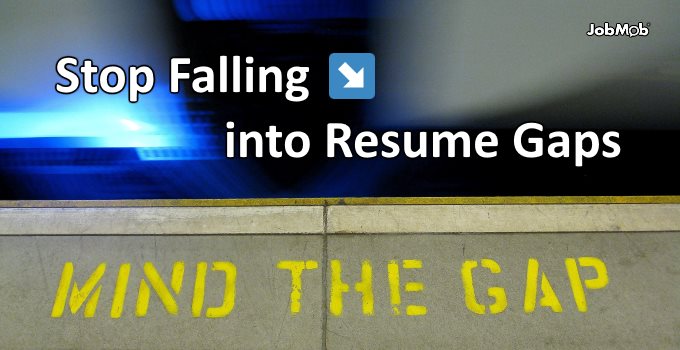
Need a better way to explain what you did between jobs?
Trying to re-enter the job market after a long time?
Here's how to explain your resume gaps.
Note: There is a poll embedded within this post, please visit the site to participate in this post's poll.
(If your work gap(s) is longer than a year, how have you been explaining it until now? Tell us in the comments.)
Free bonus: The One Resume Resource You’ll Ever Need is a handy reference to make your resume get you more job interviews. Download it free now
How I explained my gaping resume gap
Not all resume gaps are signs of poor job searching, sometimes there are good reasons for gaps in employment.
During my job search in 2006, the question was often phrased like this:
“I see that you worked at Amazon.com in France until August 2001, but that your next job only began over a year later in October 2002. What happened there?”
I would usually grin out of familiarity with the question and then reply with something like this:
“In August 2001, I resigned from my managerial position at Amazon.com in France because I wanted to move back to Israel.
My plan was to take some time off to get settled in Jerusalem properly, without rushing, and then relax because I was exhausted from working at Amazon.
Once I was feeling energized and ready to go back to work, I began evaluating what my best career options would be locally. Unfortunately, by the time I began looking for work in December 2001, the Dot-com Bust (or ‘Internet Crash', as they said here in Israel) was in full swing, companies were closing, hitech (tech industry) people were being laid off left and right, and almost none of them were going to be replaced.”
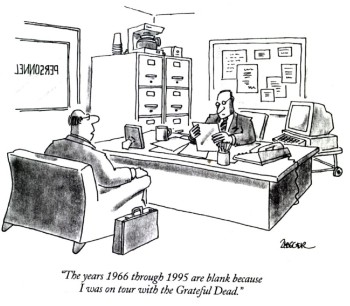
(At this point in the story, the Human Resources rep. or hiring manager is usually nodding because they too remember what it was like during that tough time.)
“I spent the next 8 months looking for work like so many other people, receiving only a few offers that I had to refuse because they didn't make sense financially.
One company offered to pay LESS than minimum wage to hire me as a Senior Project Manager (a position that normally earns 8-10 times that amount). I would have had to take a second job to pay all my bills. Good thing I didn't join them, they went bankrupt 3 months later.
In the summer of 2002, one of my former bosses from Amazon said that if I came back to France he would give me a terrific job with his new company. With my savings dwindling and an appealing offer in hand, I couldn't refuse.
However, it still took a few more months before I could start my new job because now I needed to move from Jerusalem back to Paris and get settled in there. In parallel, my new company wasn't even ready for me yet so the timing worked out well for both sides, and I finally began working in October 2002.”
Why this resume gap story works
Let's analyze that answer to the resume gap question:
- “In August 2001, I resigned from my managerial position at Amazon.com in France because I wanted to move back to Israel.”
I wasn't laid off or fired, I resigned. It was my choice to become unemployed.
- “My plan was to take some time off to get settled in properly, without rushing, and then relax because I was exhausted from working at Amazon. Once I was feeling energized and ready to go back to work, I began evaluating what my best career options would be locally.”
Needing time after a transcontinental move is very understandable to get settled in, and it takes more than a week.
Saying that “I was exhausted from work” is a mistake unless you can convince the interviewer that it won't happen again at their company. That said, everyone knows that hard work is tiring and this “slip” of truth can actually work in your favor by showing your honesty.
- “Unfortunately, by the time I began looking for work in December 2001, the Dot-com Bust was in full swing, companies were closing, hitech people were being laid off left and right, and almost none of them were going to be replaced.”
Anyone who's been through the ordeal will remember what it's like to be in industry- or economy-wide recessions, and how difficult the job market is during those moments in time. No one will fault you for getting caught up in such events that were clearly out of your control.
- “I spent the next 8 months looking for work like so many other people, receiving only a few offers that I had to refuse because they didn't make sense financially. One company offered to pay LESS than minimum wage to hire me as a Senior Project Manager. I would have had to take a second job to pay all my bills. Good thing I didn't join them, they went bankrupt 3 months later.”
(The same goes when explaining resume gaps due to illnesses, and that includes mental illnesses and depression. If it was out of your control, say so and people will usually understand.)
Not only was it my choice to become unemployed, it was my choice to stay unemployed. Also, it was worth pointing out that although there weren't many, I was still getting offers during a tough time.
- “In the summer of 2002, one of my former bosses from Amazon said that if I came back to France he would give me a terrific job with his new company. With my savings dwindling and an appealing offer in hand, I couldn't refuse. However, it still took a few more months before I could start my new job because now I needed to move from Jerusalem back to Paris and get settled in there. In parallel, my new company wasn't even ready for me yet so the timing worked out well for both sides, and I finally began working in October 2002.”
Any HR rep. or recruiter knows that a hiring process can take a few months before the candidate actually becomes an employee.
Finally, it's important to emphasize that when telling this story to recruiters during my 2006 job hunt, I wasn't an expert on job search. My above reply was a result of simply trying to tell the truth in a positive light and seeing how people reacted, including their followup questions or remarks.
7 tips for explaining your own work gaps
1) Be honest
Don't try to hide the gap. Many people have prolonged periods between jobs, at least once in their career. Think of how many stay at home moms try to re-enter the job market once their kids get older!
Having a resume gap is not so unusual, so don't make it seem to be unusual.
2) Show it off, even
If you took advantage by using the time between jobs to improve your skills or otherwise make yourself into a more valuable candidate.
3) Emphasize it was by choice (if true)
Put a positive spin by explaining how you were selective when targeting companies or contemplating job offers.
4) Use history
If your resume gap overlaps a period of difficulty in your entire industry or your country's economy, mention it. In 2020, the coronavirus outbreak is disrupting many job searches. Or- perhaps you weren't job searching the whole time but there was a major event in your personal life that required extraordinary attention. ‘Going historical' works especially well if the job interviewer can empathize because they may have experienced the same event.
5) Make your resume gap a non-issue
How? By listing directly on your resume what you did during the time between jobs, especially if the time was regularly spent in a framework such as a school or volunteering program.
6) De-emphasize resume gaps with a functional resume
Resume gaps stand out in a chronological resume, the classic resume type that details your work history over time and, by literally reading between the lines, your non-work history. Using a functional resume emphasizes your skills and achievements over the aspect of time.
7) Just avoid resume gaps outright…
By job searching intelligently so that you don't need to search longer than necessary. Improve your job search skills before you need them, at the very least by following blogs like JobMob even while you're still employed.
What others are saying
- Long-Term Unemployed? 5 Options to Bridge That “Employment Gap”
- Job Hopper? 6 Quick Fixes to Cover Resume Gaps
- Explaining The Gap: Dos and Don’ts
- Closing A Career Gap On Your Resume
Question of the article
Should resume gaps matter? Aren't your work accomplishments more important than what happened when you were off work? Tell us in the comments.
Bonus: How to explain gaps in your resume (how to explain a career break) | Employment gaps resume examples
Free BonusIf you want a handy resume and CV resource that you can keep on your smartphone or print out for easy reference, this special bonus is for you.
This free download contains:- 111 Smart Resume Section Headings and Titles
- 60 Resume Achievement Writing Ideas and Expressions
- 500 Positive Resume Action Verbs That Get Job Interviews
- 35 Resume Filenames Recruiters Won’t Respond To
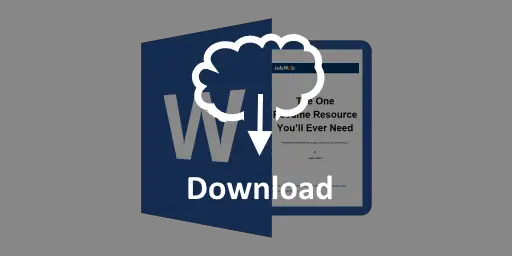
JobMob Insiders can get this free bonus and other exclusive content in the JobMob Insider Bonuses area. Join now, it's free!
Subscribe to JobMob via email and follow me on Twitter for more useful resume gap insights.
The post ↘️️ Stop Falling into Resume Gaps first appeared on JobMob.
via JobMob More Information Here..
via JOBS MUST Check this Job Here

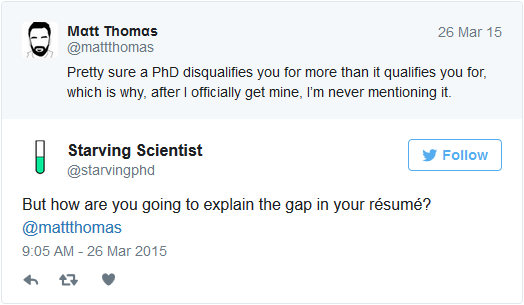
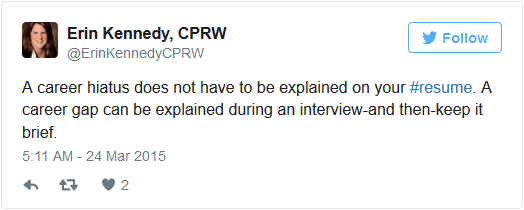
 all because I have a 18 month gap in my resume where I had to sort out my health…
all because I have a 18 month gap in my resume where I had to sort out my health…

 (@kr_mcluckie)
(@kr_mcluckie) 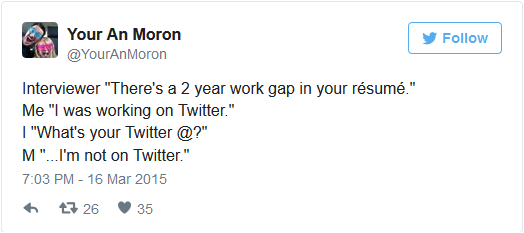


 Where To Quickly Find Virtual Remote Internships That Rock
Where To Quickly Find Virtual Remote Internships That Rock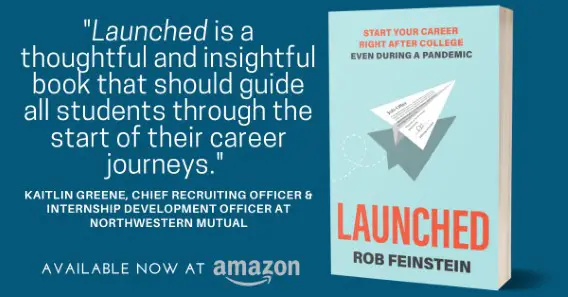
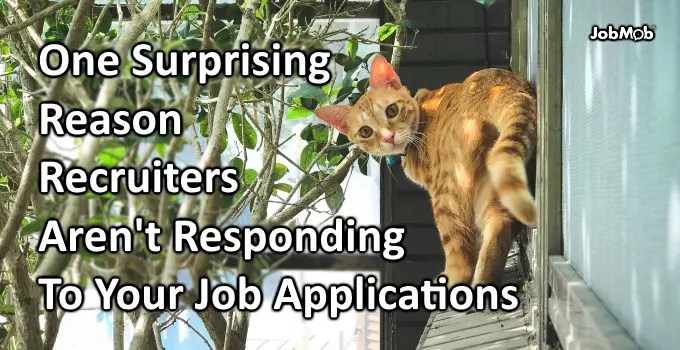
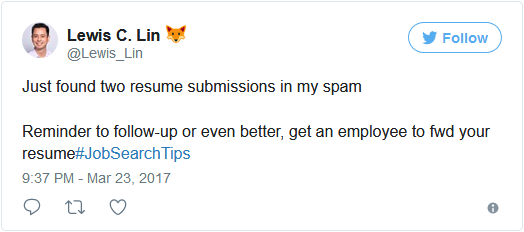
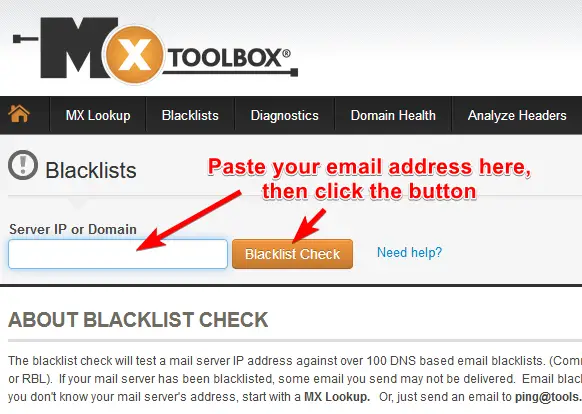
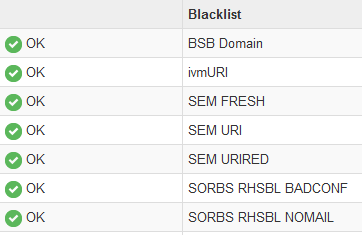
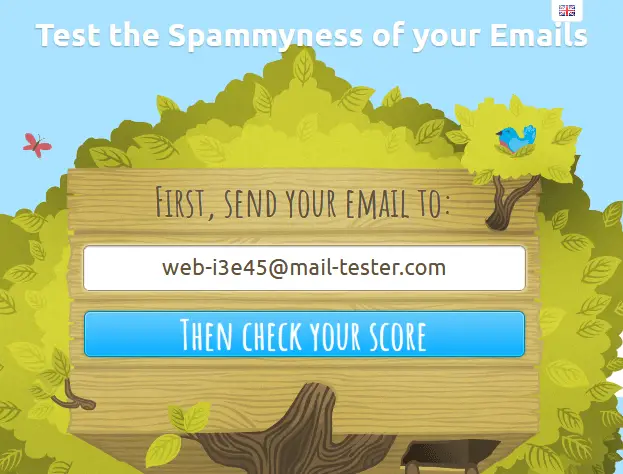
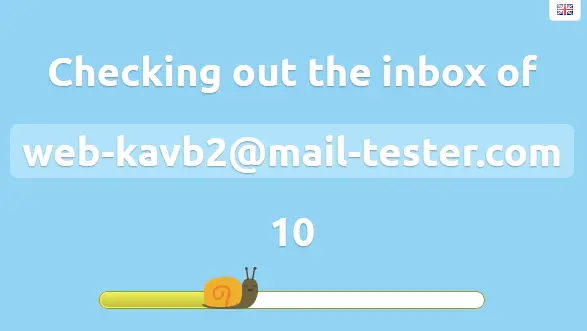
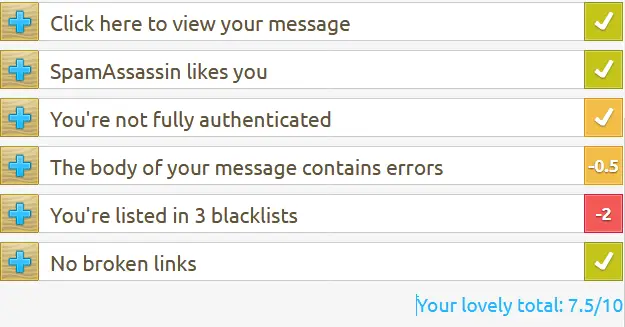
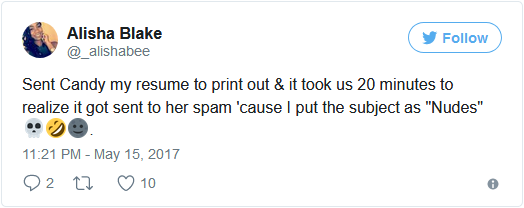

 (@AtTheDo0r)
(@AtTheDo0r)